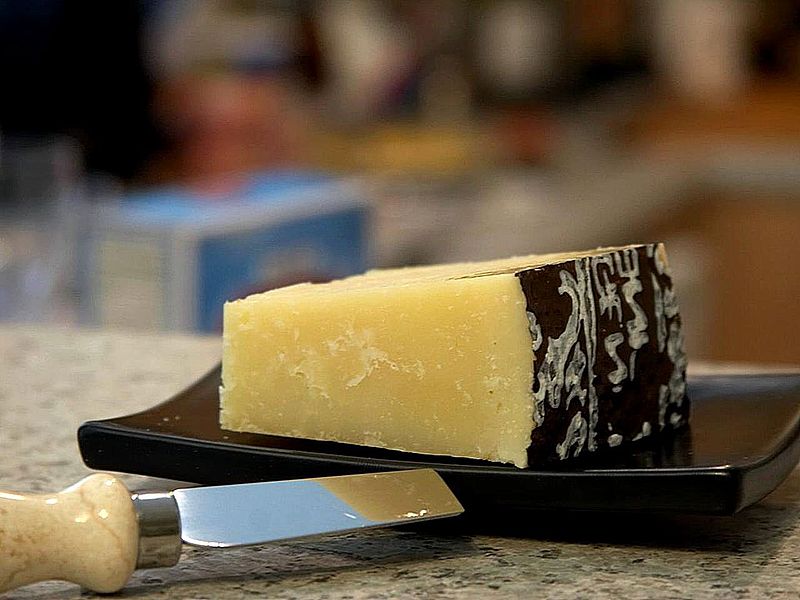
Can I eat Pecorino Romano when pregnant?
Consuming Pecorino Romano cheese or any other type of cheese during pregnancy requires some caution, particularly when it comes to cheeses made from unpasteurized milk. Pecorino Romano, like many traditional European cheeses, is often made from unpasteurized sheep's milk. Unpasteurized cheeses can potentially harbour harmful bacteria such as Listeria monocytogenes, which can pose a risk to pregnant women.
Listeria infection during pregnancy can lead to serious complications, including miscarriage, preterm birth, or illness in the newborn.
Therefore, it is generally recommended that pregnant women avoid consuming unpasteurized cheeses, including certain varieties of Pecorino.
If you're pregnant and want to enjoy Pecorino Romano cheese, consider the following:
- Check the Label: Verify whether the Pecorino Romano cheese you have is made from pasteurized milk. Pasteurization involves heating the milk to kill harmful bacteria, making the cheese safer for consumption during pregnancy.
- Opt for Pasteurized Versions: If you are uncertain about the pasteurization status of the cheese, choose Pecorino Romano or other cheeses made from pasteurized milk. Many commercially available cheeses, especially in the United States and some other countries, are made with pasteurized milk.
- Cook the Cheese: Cooking the cheese thoroughly can also help reduce the risk of bacterial contamination. Incorporating Pecorino Romano into cooked dishes rather than consuming it raw may be a safer option.
As with any dietary concerns during pregnancy, it's recommended to consult with a healthcare professional for personalized advice based on your health and circumstances.
Pecorino Romano Q & A
-
How long does Pecorino Romano cheese last in your fridge?
The shelf life of Pecorino Romano cheese in the fridge can vary based on factors such as the specific …
Read More -
Does Pecorino Romano cheese go bad?
Yes, like any perishable food item, Pecorino Romano cheese can go bad. Several factors contribute to the spoilage of …
Read More